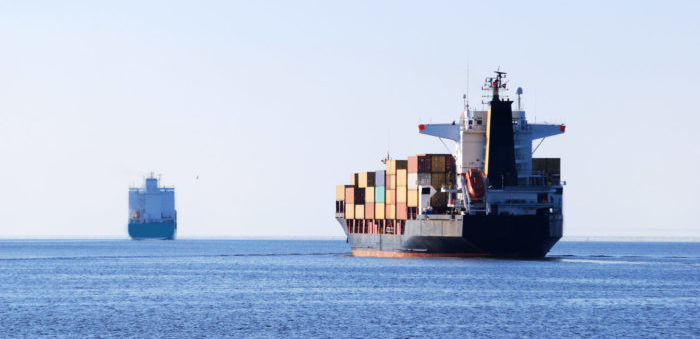In the latest issue of ‘The Navigator’, a publication by The Nautical Institute, David Patraiko FNI, Director of Projects highlights that navigation assessment is of a great importance as accidents still happen. The industry still questions how a seafarer, that was trained and assessed to be in line with the company ‘s Safety Management System (SMS), can have navigational accidents.
Mainly, navigation assessment is not the same as an audit. There is no pass/fail result. Instead, it is a way of ensuring continuous improvement.
The assessments highlight how navigators actually work as a team on board, rather than just in a simulated environment.
As such, The Nautical Institute provided its top ten tips for getting the best of an assessment:
- Learning opportunity: A good assessor should be a good mentor and help bridge teams find solutions as the onboard navigation is important.
- What’s the difference?: There is a difference between a navigation audit and an assessment.
- Audits: From a navigation point of view, audits often happen in port when a vessel is moored to ensure that procedures are correct.
- Assessments: An assessment is an observation of competency aimed at continuous improvement. It is being conducted for a specific period of days, across a range of navigational experiences.
- Be yourself: The best environment for an assessment is when the bridge team conducts business as usual. Only then can areas of improvements be accurately identified.
- Beyond the person: Assessments look at procedures and design, allowing recommendations to be made for improving multiple aspects of onboard operations.
- Accidents happen: One of the challenges for the increasing focus on assessments is that after years of inspections and BRM training, accidents are still happening. Assessments offer an opportunity to identify in real time, with actual bridge teams, where improvements can be made to enhance safety and reduce risk.
- The view from outside: Bridge teams who work together regularly sometimes develop bad practices that they cannot see themselves. An independent assessor can observe operations in a new light and introduce new techniques and best practices to an existing bridge team.
- Professional development: Think of ways in which you can enhance and find out if further development or training would be useful to consolidate any new skills.
- Mentoring moments: Although an assessor can act as a mentor, learning the skills of an assessor can help you mentor others too, continually improving your own bridge team.






























































